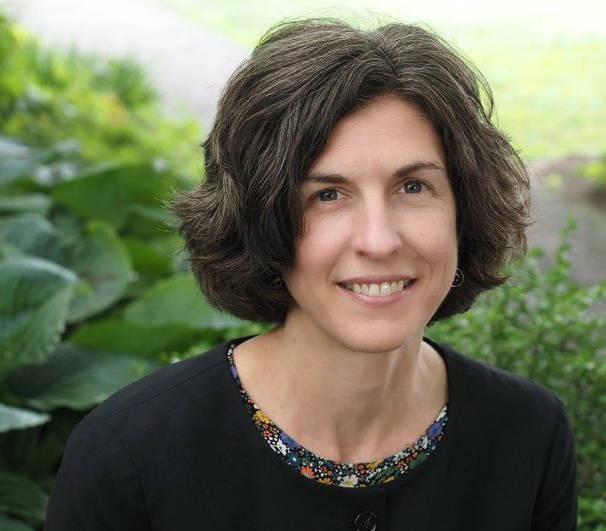GCC Affiliate Wendy Parker contributes to Intergovernmental Panel on Climate Change
August 17, 2021

AUGUST 17, 2021
Scientists across the globe are witnessing unprecedented changes in the Earth’s climate that portend serious consequences if not immediately addressed. This was the clear message that The Intergovernmental Panel on Climate Change (IPCC) of the United Nations sent to policymakers in the 6th Assessment Report (AR6) released on August 9th, 2021. Although many of these changes have already begun, such as sea level rise and increases in extreme weather events, action can be taken to mitigate future devastation from climate change.
According to the IPCC Working Group I report, “Climate Change 2021: the Physical Science Basis”, immediate and robust reductions in emissions of carbon dioxide (CO2) and other greenhouse gases would limit climate change. This report supports the stance that human actions still have the potential to determine the future course of the earth’s climate.

GCC Affiliate and Professor in the Department of Philosophy (COLAHS) Wendy Parker was one of the IPCC scholars who volunteered their time to assess the published research that informs the comprehensive report. Joining Virginia Tech as a Professor of Philosophy in August 2020, Parker studies the philosophy of science, with a focus on issues in climate science and meteorology. She is especially interested in how scientists use computational modeling to learn about global climate change and about the extent to which human are contributing to it. More broadly, Parker is interested in how scientific evidence is obtained, evaluated, and utilized by researchers and in the roles of science in public policy.
Parker directly contributed to two chapters of the AR6– Chapter 1: Framing, Context, Methods and Chapter 10: Linking Global to Regional Climate Change. Her contributions focused on the evaluation of scientific models and the roles of values, including social values, in science. “A number of philosophers of science are working on these topics,” Parker says. “It’s very exciting that climate scientists are finding some of this philosophical work to be relevant to their practice.” Joining the GCC in early 2021, Parker diversifies our expertise and bolsters the interdisciplinary mission of the Center.

When asked about her experience as a member the Working Group, Parker said, “It was an honor to be able to contribute to the report and inspiring to glimpse the tremendous cooperative effort that goes into producing it.” While her time working on the AR6 has concluded, Parker continues her service to the scientific community as Co-Editor-in-Chief of the British Journal for the Philosophy of Science and a member of the recently-formed US Climate Variability and Predictability Program’s (CLIVAR) Ocean Uncertainty Quantification Working Group.
Parker teaches courses on the subjects of global and environmental ethics, models and simulation, and philosophical issues in climate science. She welcomes opportunities for research collaborations with faculty working in climate science, meteorology, and other environment-related sciences. Parker is also currently finishing a short book on philosophical issues in climate science. More information about her research and publications can be found on her website.







